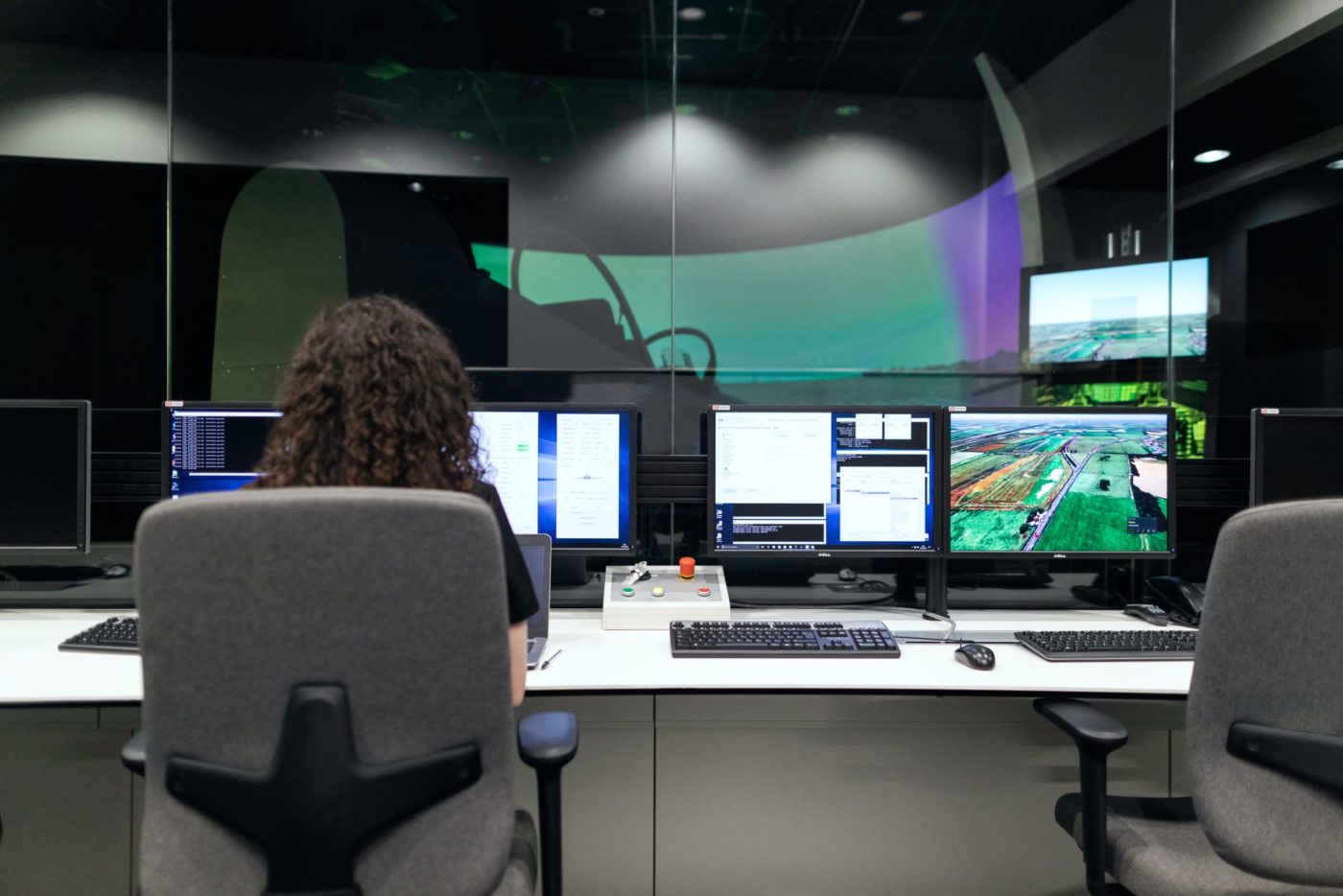False information is expensive. In a widely-cited study (.pdf) released a year before the pandemic, an economist pegged the cost of “fake news” at $78 billion a year, mostly from the stock market losses, revenue declines and diminished reputations.
Then COVID redefined the costs of mis- and disinformation, both for individuals and organizations alike. The US federal government downplayed the virus and failed to provide specific, reliable guidance. Untold thousands of lives were lost from false information, and companies struggled to make critical decisions to safeguard people and sustain operations. Many physical security and business continuity teams created their own state-by-state criteria and dashboards to determine if operations should close, reopen or re-close again. In some cases, it boiled down to what other companies were doing.
The scramble to figure out the facts has been enormously expensive in ways many companies haven’t realized. The sheer scale of COVID, hyper-partisan politics and climate change have revealed hidden organizational costs of making decisions amid an onslaught of false and misleading information:
- Escalation cost: When there’s clear, trusted information, frontline staff and their management can execute emergency response and business continuity plans. But uncertain, conflicting information forces operational teams to loop in senior leadership to help decipher the risk, make judgment calls and hammer out new contingency plans. This is especially the case when hyper-partisan politics generates different versions of the truth, adding a new dimension to the decision. These escalations require more people and more time, delaying decisions and driving up costs.
- Verification and triage cost: Today’s global events generate an enormous volume of real-time information from all sides, and it seems like it never stops. Social tools are indiscriminate, surfacing reliable information along with mis- and disinformation. Flooded with alerts, analysts are left to sort out what’s actually true – or likely true – a time-consuming process that’s repeated from company to company, plaguing productivity and delaying response times.
- Cost of false positives (aka “crying wolf”): If false or misleading information sparks the wrong decision – say, locking down a store near a non-existent shooting – you not only incur the losses of unnecessary downtime, but also a loss in internal credibility. Sometimes it’s a minor infraction, but other times – like waking up a C-suite leader in the middle of the night for a non-event – it can be a credibility killer.
- Cost of false negatives: This is what security and business continuity teams fear most: an event that was glossed over – or missed entirely – that turned out to impact the company without warning. As we’ve seen with COVID, previously reliable sources may downplay, dismiss or hide critical information. Similar to the cost of false positives, you may suffer unnecessary downtime and a loss of credibility. Sometimes teams counter this fear by loading up on data, which increases their verification and triage cost.
- Communication and compliance cost: What happens when your own employees fall victim to mis- and disinformation, say, refusing to get vaccinated? Companies are dedicating more resources to counter false information with internal communications. Even then, it’s an uphill battle. Studies show that once people are exposed to false information, they’re often immune to corrections. Preemptively and frequently communicating the facts is the best anecdote.
- Stress and health costs: Physical security, business continuity and crisis teams are busy enough dealing with the facts around the clock, but false and misleading information makes decision-making difficult, draining and downright stressful. The effects of mis- and disinformation at work contribute to lower productivity, higher turnover and less-than-healthy lifestyles.
While COVID is slowly improving, the “new normal” is here to stay. Here at Factal, we specialize in driving down the costs of false information by surfacing verified facts at the speed of social media. In fact, we’re the only company that combines real-time social media discovery with built-in verification. Global organizations are able to avoid mis- and disinformation, see exactly how they’re impacted by global events, accelerate their response and simplify their work (read a case study).
If you’d like to learn more, visit Factal.com and request a free 30-day trial.
(Cory Bergman is the co-founder and VP of product/news for Factal, a verified breaking news platform trusted by many of the world’s largest companies, technology platforms and NGOs. Top photo by ThisisEngineering RAEng on Unsplash.)

